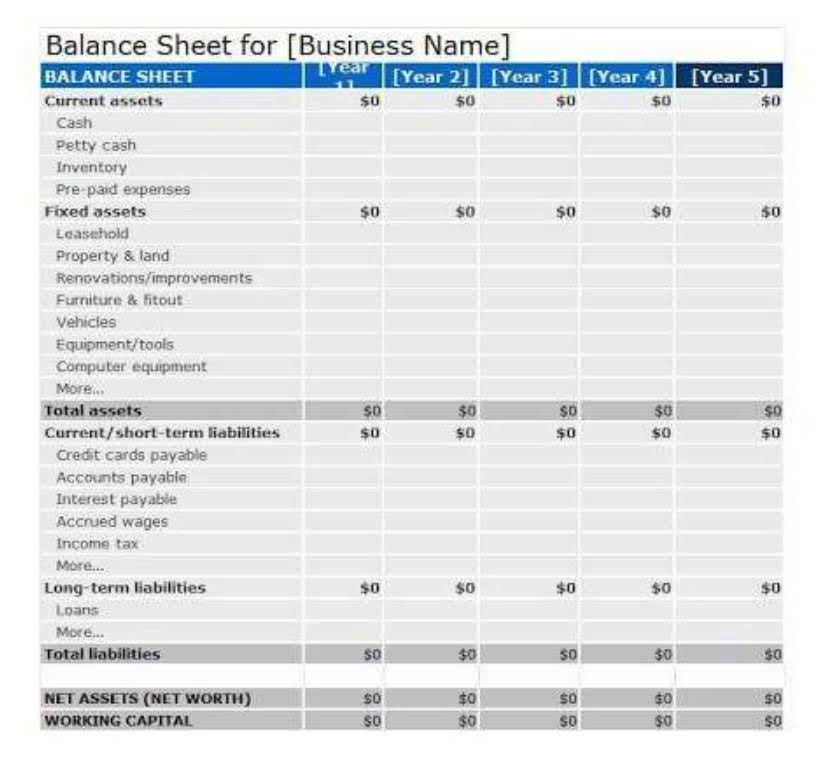The choice between hiring a full charge bookkeeper or an accountant ultimately depends on the specific needs of a business. Smaller businesses with relatively straightforward financial transactions might find a full charge bookkeeper sufficient to manage their financial records. At the same time, larger businesses, or those with more complex financial needs, might require the advanced expertise of an accountant. Full-charge bookkeepers actively participate in decision-making processes and provide business owners and managers with valuable financial insights. They generate financial reports and statements, permitting business owners to make informed alternatives based on accurate financial data.

Outsource Your Company’s Financial Services to Bookkeepers and Accountants
- They maintain complete and up-to-date detailed accounts and manage all the fundamental bookkeeping duties, such as ledger entries, financial statement preparations, and payroll.
- The goal is to maintain financial accuracy and support business decision-making.
- Your earnings could differ based on factors like location, experience, education, certifications, the client’s size, and whether you work in-house.
- Simply put, bookkeepers are responsible for the recording of financial transactions whereas accountants are responsible for classifying, analyzing, interpreting, reporting, and summarizing this financial data.
- If you enjoy creating organizational frameworks, working with numbers, and helping to problem-solve, then a career in the finance field may be right for you.
Taxes are incredibly complex, so we may not have been able to answer your question in the article. Get $30 off a tax consultation with a licensed CPA or EA, and we’ll be sure to provide you with a robust, bespoke answer to whatever tax problems you may have. Set your business up for success with our free small business tax calculator.
Choosing a Professional Bookkeeping Service
They handle the daily financial activities, ensuring all transactions are accurately recorded on time. They should also prepare financial statements, maintain the ledger, and perform all the other bookkeeping services. In the what is a full charge bookkeeper world of finance, bookkeepers and accountants play distinct yet interconnected roles. Understanding the key differences between these professions can help businesses make informed decisions when seeking financial expertise.
Role in Small Business Bookkeeping
However, significant differences exist, like the work conducted in each career and the skills needed to be successful. The following analysis compares the education requirements, skills required, typical salaries, and job outlooks for accounting and bookkeepers. Bookkeepers are responsible for accurately calculating employee wages, taxes, and deductions. They ensure https://www.bookstime.com/ employees are compensated on time and according to applicable labor legal guidelines. Additionally, full-charge bookkeepers manage timesheets, ensuring that working hours are accurately recorded, and payroll is appropriately processed. Before they can practice professionally, full charge bookkeepers are required to obtain certification from a recognized institution.

This knowledge affects the consistency and accuracy of financial statements and other reports. Knowing the regulation standards means full charge bookkeepers can help the business stay in compliance. The initial classifications and recording of a company’s transactions like bills paid, daily sales and payroll or another expenditure fall to a bookkeeper.

The Function of Accounting

Responsibilities of a Full Charge Bookkeeper
- They must be able to spot mistakes and inconsistencies or errors that might result in damaging audits and investigations by regulatory authorities.
- They usually have a bachelor’s degree in accounting or a related field and often pass an exam to get a certification and become certified public accountants.
- Because bookkeepers tend to work for smaller companies, they may not be paid as much as accountants.
- In summary, both bookkeepers and accountants provide essential services to businesses, fulfilling different but complementary roles.